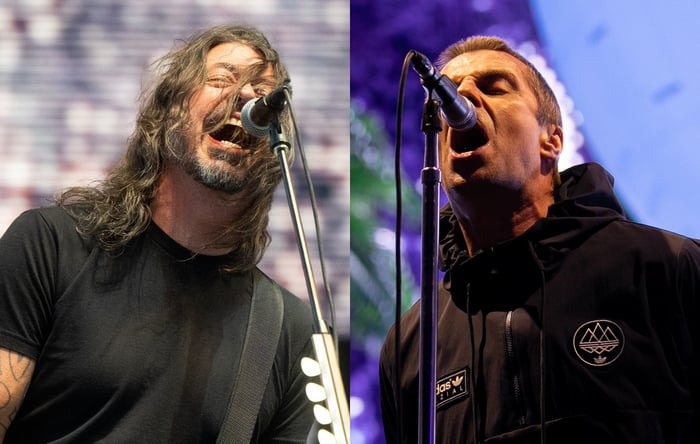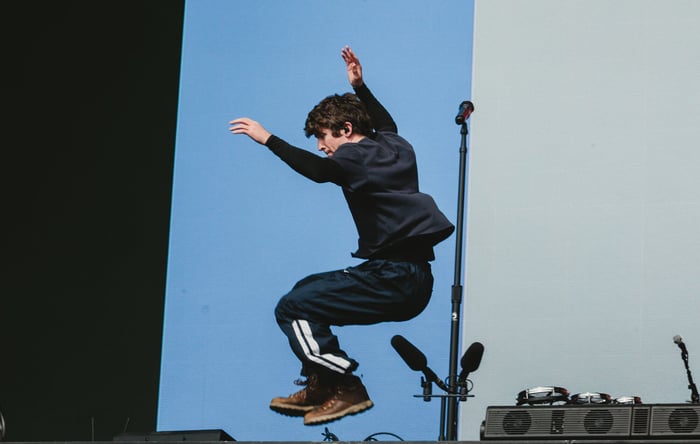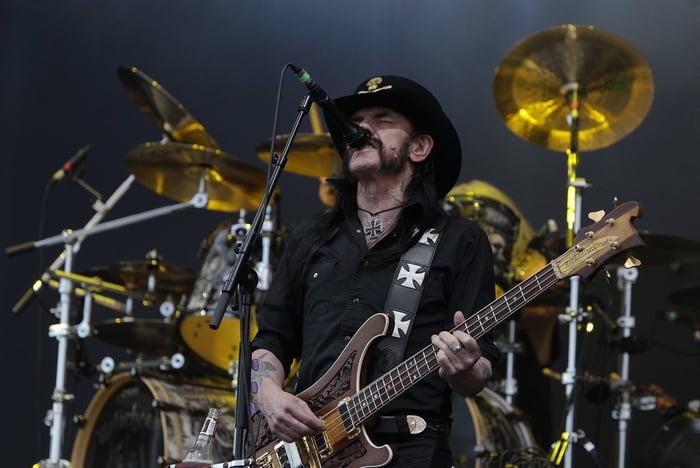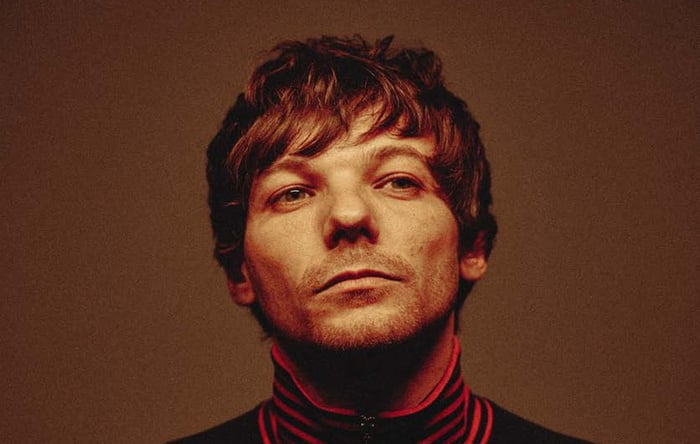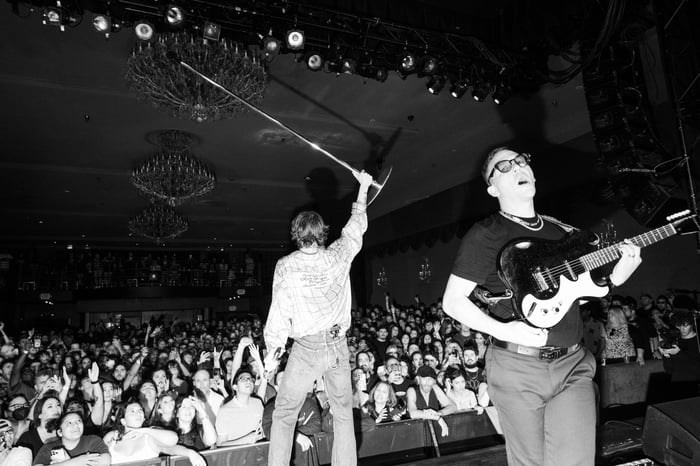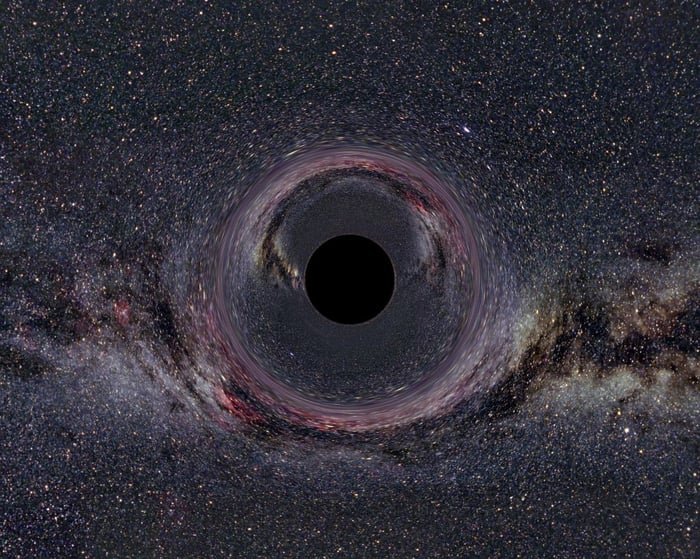
Hello Darkness, My Old Friend: A Candid Journey Through Depression and Anxiety
Hello Darkness, My Old Friend: A Candid Journey Through Depression and Anxiety
Exploring the depths of anxiety and depression from personal battles to cultural reflections in a world that’s anything but easy.
The kids today—Gen Z and even the younger Gen Alpha—are often said to be grappling with anxiety and depression like never before. The internet buzzes with stats and stories about mental health crises sweeping these generations. But is it just the stress of living on a planet hurtling toward catastrophe? Or is there something more profound beneath the surface? Having wrestled with crippling anxiety and depression since the mid-’90s, I’m here to offer a perspective that blends raw honesty with a touch of nostalgic reflection.
The Real Deal on Anxiety: Beyond Surface-Level Sadness
Sure, many of us feel uneasy about climate change, war, pandemics, and the endless parade of chaos in the news. But genuine clinical anxiety and depression? That’s a whole different beast. I’m talking about the kind of depression that doesn’t just make you feel blue but locks you in place, paralyzes your spirit, and turns everyday tasks like getting dressed or picking up the phone into Herculean efforts.
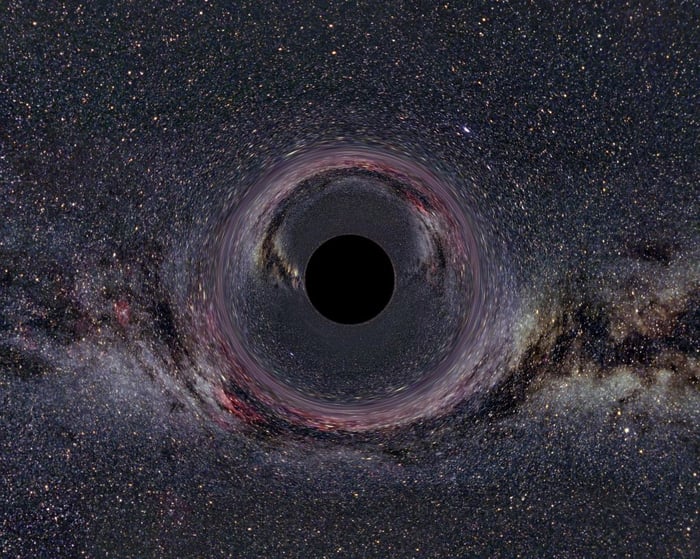
This is the kind of torment that has marked the lives of legends like Kurt Cobain, David Foster Wallace, and Anthony Bourdain, whose battles with mental illness tragically ended in their deaths. It’s a misunderstood chemical imbalance, striking seemingly at random, indifferent to background or circumstance.
From Darkness to a Flicker of Light: My Own Struggle
I first sought help back in the ’90s when mental health was a hushed topic, shrouded in stigma and shame. My psychiatrist diagnosed me with depression and prescribed Prozac—an early lifeline. Yet the road since then has been anything but smooth: I left bands and relationships behind, moved across the country, and wrestled with alcohol as my self-medication of choice.
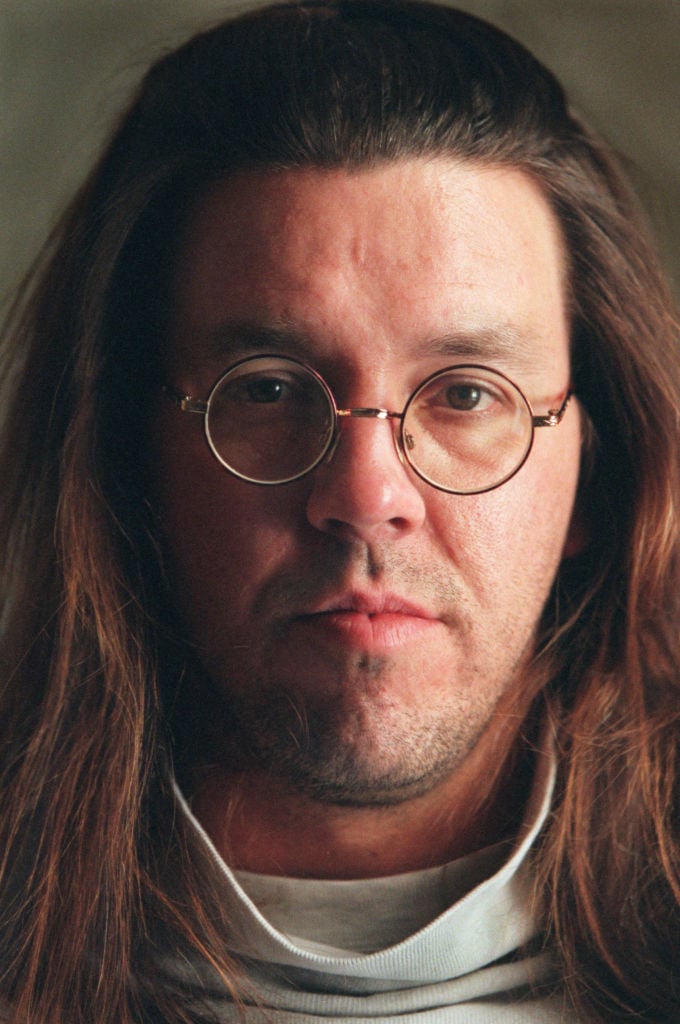
Cutting back on drinking was a breakthrough, but it came with its own challenges. I lost 40 pounds in a few months—a physical sign of the mental battle raging beneath the surface. Prozac wasn’t a perfect fit for me, but it was a start.
The Culture of Silence and Stigma
Back then, openly talking about anxiety or depression was rare. People whispered about it like a dirty secret or dismissed sufferers as weak or exaggerating. I distinctly recall meeting Elizabeth Wurtzel, author of Prozac Nation, who told me bluntly, “I would be dead without it.” Sadly, Elizabeth’s untimely death was due to cancer, not depression, but her words underscore how critical treatment can be.
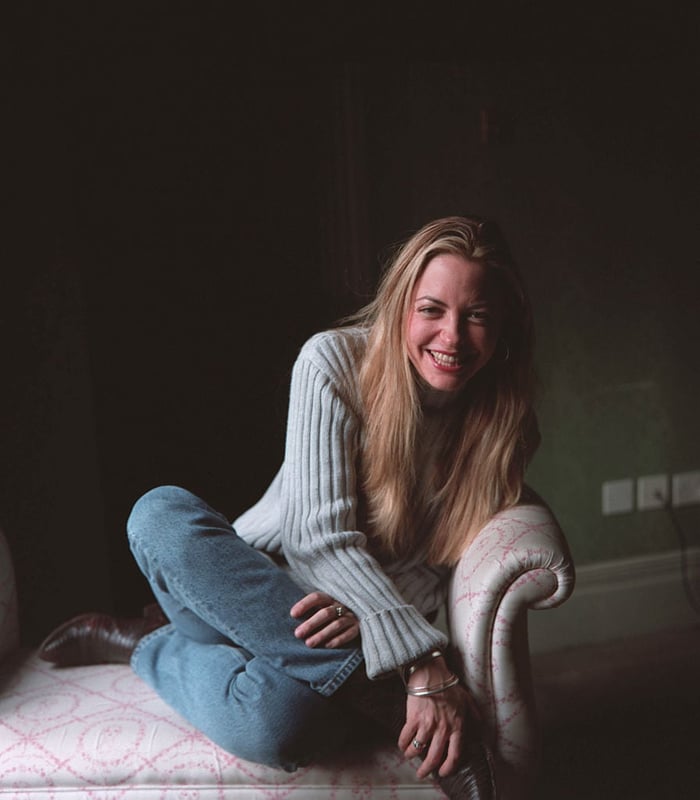
Even Kurt Cobain, in his final days, refused Prozac despite his team’s efforts—a reminder that medication isn’t a one-size-fits-all solution. Today, options have broadened to include non-medication approaches like Transcendental Meditation—a practice I found helpful until the death of its famous advocate, David Lynch, reminded me of how fragile hope can be.
When Darkness Feels Like a Constant Companion
I wrote the screenplay for Unsane, a film about a woman suffering PTSD who faces institutionalization after expressing suicidal thoughts. This storyline echoes a personal experience with my primary care doctor, who warned me that joking about suicide could land me in a psychiatric ward. I wasn’t joking.
Suicidal ideation has been a part of my life—not as a plan, but as a dark possibility, like a grim item on a list of options that includes everything from becoming a circus clown to learning to read a room better. But through proper treatment for Major Depressive Disorder and Social Anxiety, I no longer seriously entertain that thought.
The difference isn’t some clichéd reason like having “too much to live for.” It’s about recognizing depression as a serious illness and allowing yourself the help you need. Unfortunately, stigma still prevents many from seeking support, leading to avoidable tragedies.
Historical Perspectives and Finding Humor in Melancholy
The classic 1621 book The Anatomy of Melancholy by Robert Burton has long been a companion of mine. It’s a surprisingly funny and insightful look at a condition we still barely understand. Burton wrote, “I write of melancholy by being busy to avoid melancholy,” which resonates deeply with how I manage my own mental health.
There are definitely worse things in life than melancholy—like accordions, for example. But I’ll leave you with the timeless words of Dorothy Parker, who battled her own demons with wit:
“Razors pain you;
Rivers are damp;
Acids stain you;
And drugs cause cramp.
Guns aren’t lawful;
Nooses give;
Gas smells awful;
You might as well live.”
The Takeaway: Mental Illness Is Real and Treatment Is Vital
Mental health struggles can feel isolating and endless, but you’re not alone. Whether it’s medication, therapy, meditation, or a mix, finding the right help can be life-changing. And while the world around us might feel overwhelming, the first step is embracing your own worth and knowing that depression and anxiety are genuine illnesses—not weaknesses.
FAQ
- What’s the difference between sadness and depression?
Sadness is a natural emotional response to life’s hardships, while depression is a clinical condition marked by persistent, often debilitating symptoms that affect daily functioning. - Can medication cure depression?
Medication can be a powerful tool to manage symptoms but doesn’t cure depression on its own. It’s often combined with therapy and lifestyle changes for best results. - Is suicidal ideation common in depression?
Sadly, it’s not uncommon. Suicidal thoughts should always be taken seriously, and immediate help from professionals is crucial. - How has the stigma around mental illness changed?
Awareness has improved, but stigma still exists. Open conversations and education are helping break down barriers. - What non-medication treatments help with anxiety and depression?
Practices like meditation, mindfulness, exercise, and therapy (CBT, DBT) can be highly effective alongside or instead of medication.
If this article struck a chord, why not bring a piece of that vibe into your space? Shop your favorite album cover posters at our store to celebrate the music and moments that have helped shape your journey.
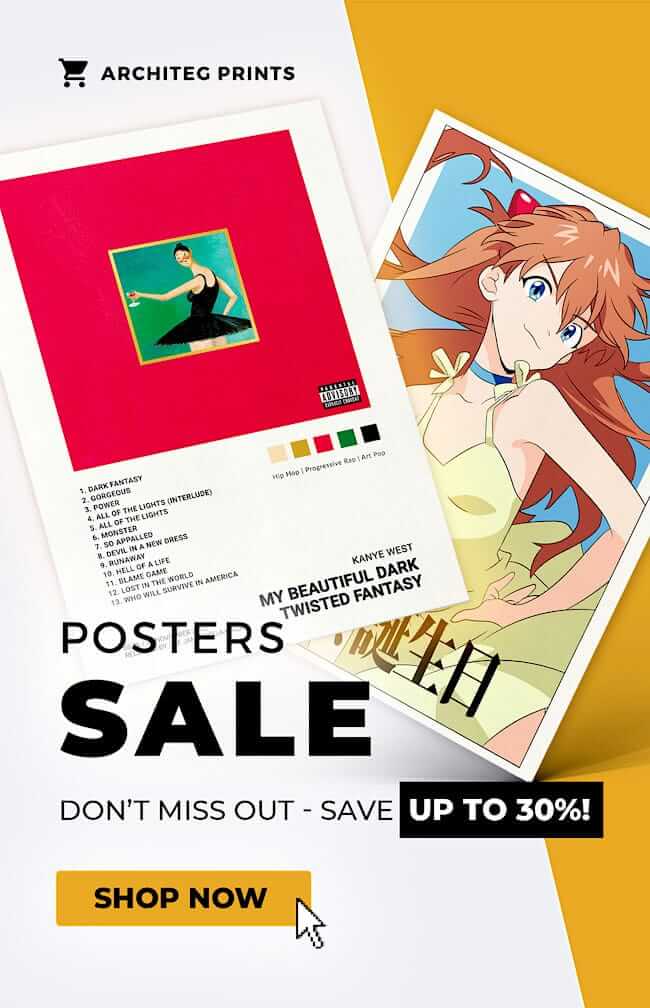 | DISCOUNTGET 30% OFF*Use code on your next order:
|
* This post may contain affiliate links, meaning we earn a commission if you make a purchase through these links, at no additional cost to you.



